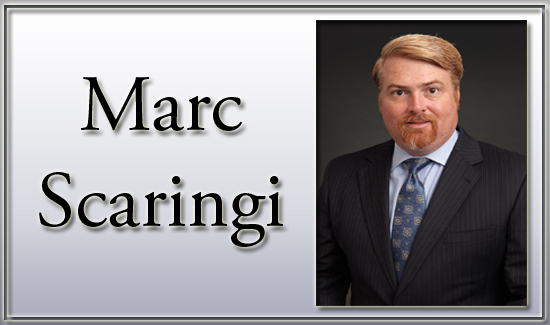John McCain’s Questionable Foreign Policy

Last week, Americans mourned the passing of U.S. Sen. John McCain, R-Ariz., even as they celebrated his life and legacy.
There can be no denying the extraordinary bravery and courage of McCain the naval aviator, whose plane was shot down over North Vietnam during his 23rd bombing run in 1967. He endured unimaginable pain and horror as a prisoner of war in the notorious Hanoi Hilton.
McCain’s uncommon valor as a war prisoner stands as a lesson and model not just for all American soldiers but for all Americans.
Nothing can or should be taken away from him for his five-year long act of supreme self-sacrifice.
But I do wonder how a man, who risked and endured so much, fighting a pointless war thousands of miles away from home, could fail to learn from his personal experience when it came time to fashion his own foreign policy as a political leader.
McCain the politician would become a vociferous advocate of an interventionist foreign policy that would have America fighting against “brutal dictators” and in support of “democracy” around the world even where the U.S. had no national security interest.
And he advocated this even though he suffered so severely as a result of that failed policy in a Vietnamese prison camp.
In the same way that McCain the naval aviator would plunge into Vietnam to contain the threat of “communism” that posed no threat to the U.S., McCain the senator would plunge American soldiers into Iraq to contain the threat of a “brutal dictator” who posed no threat to the U.S.
U.S. Sen. Rand Paul, R-Ky., lamented that McCain had been wrong on just about every major foreign policy question over the past four decades.
But he wasn’t always that way.
Early in his political career McCain opposed President Reagan’s decision to put U.S. Marines in harm’s way as “peacekeepers” in war-torn Lebanon.
His opposition turned out to be prescient after 220 of them were killed by a terrorist attack on their compound on October 23, 1983.
In explaining his opposition, McCain seemed to be channeling his experience in Vietnam when he said, “The longer we stay in Lebanon the harder it will be for us to leave. We will be trapped by the case we make for having our troops there in the first place.”
That’s what he said in 1983. Yet today U.S. troops are back in Lebanon trying once again to keep the peace; this time with McCain’s full support.
Over the years, McCain evolved into a reliable interventionist.
The Battle of Mogadishu that followed ended in humiliation for the U.S. military. Today, U.S. military forces, of course, are back in Somalia, again with McCain’s full support. In 1995, McCain joined President Clinton’s call for the deployment of 20,000 U.S. ground troops to keep the peace in Bosnia.
The U.S. military is back in Kosovo today working on trying to keep the peace; again, with McCain’s support.
When speaking of the U.S. intervention in Bosnia, McCain offered a strong dosage of that “straight talk” for which he would become so well-known. He admitted that America’s security interests were not threatened there, but that American “values” compelled us to intervene.
That statement says it all.
Values over interests. That might be good for the Red Cross, but it’s not good for America. America is not a charity; it’s a sovereign nation whose soldiers do bleed and whose treasury can run dry.
Recall in 1983, the younger McCain admonishing Reagan to get out of Lebanon lest we “…be trapped by the case we make for having our troops there in the first place.” Compare that to the elder McCain, when running for president in 2008, vowing to keep US troops in Iraq for 100 years if that’s how long it would take.
McCain’s foreign policy failed because he never learned the lesson that should have been so apparent to him as he sat in a Vietnamese prison camp – the world will never be made safe for democracy no matter how many thousands of U.S. lives are sacrificed or trillions of U.S. taxpayer dollars are spent. Tyranny will never be eliminated from this world.
That’s why the only true American foreign policy was the one practiced by our Founding Fathers and best articulated by former President and Secretary of State John Quincy Adams: “[America] goes not abroad in search of monsters to destroy. She is the well-wisher to the freedom and independence of all. She is the champion and vindicator only of her own.”
Marc A. Scaringi, of Camp Hill, is an attorney and radio host.







